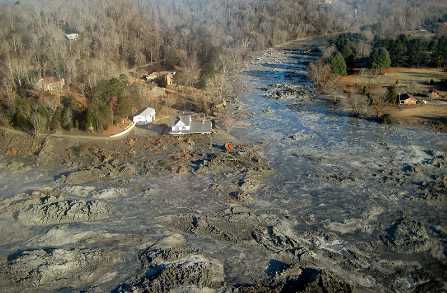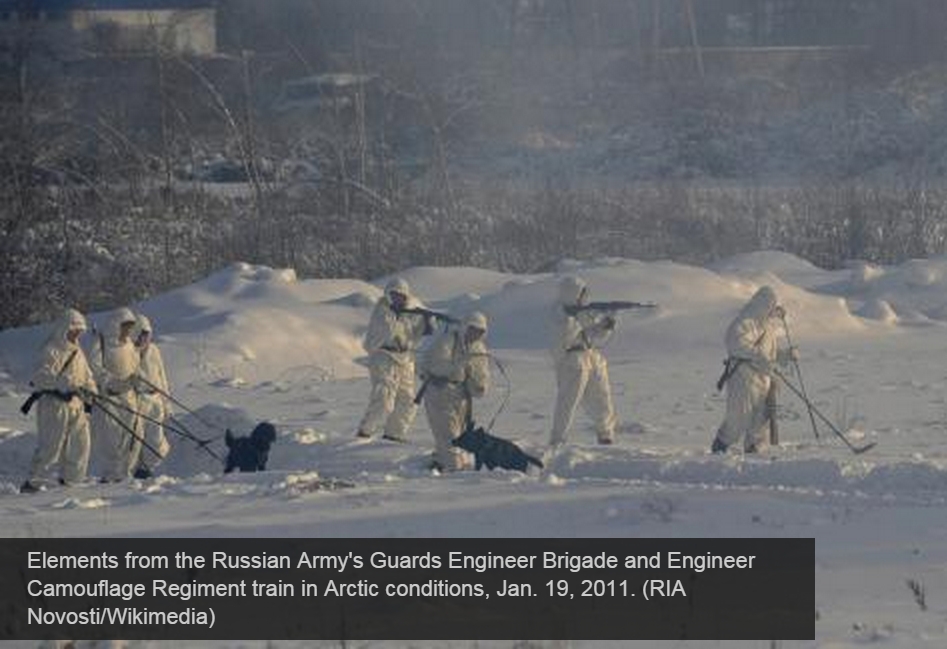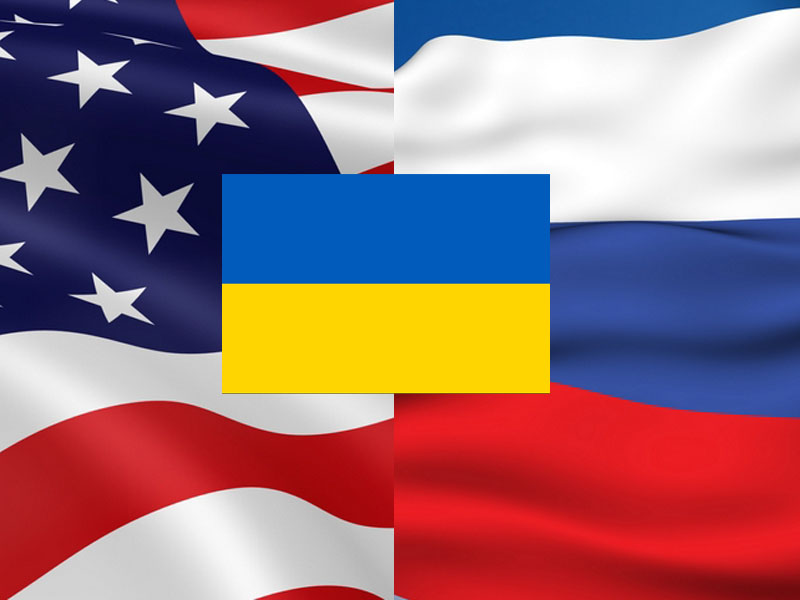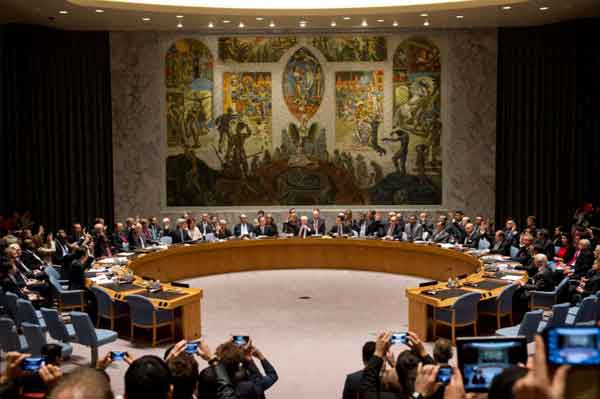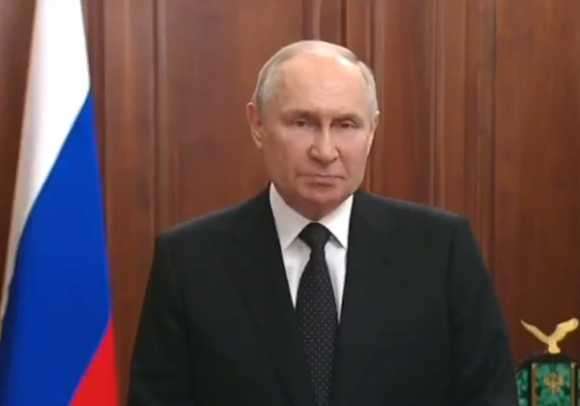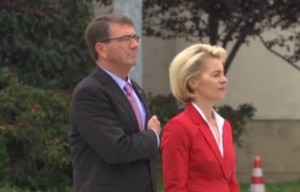
U.S. Defense Secretary Ash Carter said Monday there is neither a desire for a return to a Cold War nor for a new conflict with Russia, and that economic sanctions are having an effect in countering Russian “aggression” in Ukraine.
He spoke at a forum in Berlin, a city that once symbolized the Cold War, where he was also meeting with German Defense Minister Ursula von der Leyen. Both were due to travel later Monday to Muenster to meet with their counterparts from Norway and the Netherlands.
Carter said the West was not seeking a new confrontation with Moscow.
“We do not seek to make Russia an enemy. But make no mistake: we will defend our allies, the rules-based international order, and the positive future it affords us. We will stand up to Russia’s actions and their attempts to re-establish a Soviet-era sphere of influence,” said Carter.
Russian President Vladimir Putin announced last week that Moscow would add 40 intercontinental ballistic missiles to its nuclear arsenal. Defense Secretary Carter said the move is evidence the threat from Russia is broadening.
“Ukraine is only one part of our larger concerns these days about Russia. In response, we are taking a strong but balanced strategic approach, an approach that seeks to ensure Russia cannot force anyone to turn towards the past, all the while welcoming and encouraging Russia to turn back towards the future. In our response, we will not rely on the Cold War playbook.”
‘Hybrid warfare’
Speaking to reporters earlier Monday while en route to Berlin, Carter said the challenge posed by Russia today under the leadership of President Vladimir Putin is different from challenge posed by the Soviet Union during the Cold War. The new challenge, he said, includes such elements as “hybrid warfare” – a military strategy that blends conventional warfare, irregular warfare and cyberwarfare.
“It’s not like it was in the old days,” he said. “We are looking at NATO responses that are much more mobile, much more agile, able to respond on short time lines, because that’s how events today unfold, unlike a quarter let alone a half a century ago. That’s why we’re attentive to the hybrid aspects of potential contingencies. … And then there are new domains like cyber and so forth that certainly were not part of things back in the Cold War.”
Carter will travel Tuesday to Estonia for meetings with the defense ministers of Estonia, Latvia and Lithuania, which were forcibly incorporated into the Soviet Union.
Also Monday, NATO Secretary General Jens Stoltenberg said the alliance will more than double the size of its rapid-response force (the NATO Response Force), from its current 13,000 personnel to 30,000 or 40,000 troops.
NATO defense ministers will meet Wednesday and Thursday in Brussels to discuss plans for dealing with Russia following its annexation of Ukraine’s Crimean Peninsula and its military support Ukrainian separatists.
Carter intends to cover a U.S. proposal to send enough tanks and other military equipment to outfit a brigade for exercises and other training programs in Eastern Europe. The defense chief has not officially approved the idea, and officials have not said exactly where the equipment would go, but there are indications that Poland, which borders Russia, could be one location.
The defense ministers will also discuss increasing the alliance’s involvement in the fight against Islamic State militants. NATO leaders are expected to consider providing ministry-level advice and other training assistance in Iraq.
Henry Ridgwell contributed to this report from London.

